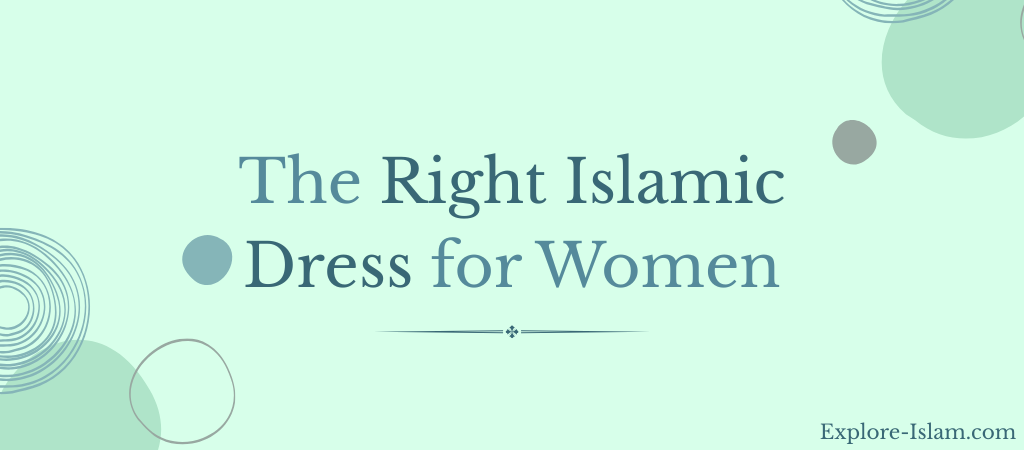You’ve probably heard conflicting claims about Islam’s stance on women working. Some assume Islamic teachings restrict women to domestic roles, while others argue faith and career are incompatible for Muslim women. So, what’s the truth? Let’s take a look at Islam’s fair and balanced perspective.
Are Women Allowed to Work in Islam?
Yes, women are allowed to work in Islam. The Islamic faith encourages both men and women to contribute to society through lawful and ethical means.
The Principle of Permissibility in Shari’a
The foundation of Islamic teachings is that things are permissible unless there is a specific prohibition. When it comes to work, the general principle is that it is allowed for both men and women, as long as the work itself is lawful and does not violate Islamic principles.
This means that women can engage in various professions, from business and medicine to education, as long as they adhere to Islamic guidelines in their conduct and interactions.
The Quran encourages believers to seek lawful sustenance and contribute positively to their communities. Allah says:
“There is no blame upon you for seeking bounty from your Lord.”
(Quran 2:198)
This verse isn’t just for men! It’s for everyone. It’s about working hard and using your skills to earn a living in a way that’s right.
Islam gives both men and women the right to work and earn a living, as long as their work follows the rules of the faith.
The Quran also mentions women engaging in various activities outside the home, including business and trade. For example, Prophet Shu’ayb’s (Jethro) daughters were shepherds:
“And when he came to the well of Madyan, he found there a crowd of people watering [their flocks], and he found aside from them two women driving back [their flocks]. He said, “What is your circumstance?” They said, “We do not water until the shepherds dispatch [their flocks]; and our father is an old man.””
(Quran 28:23).
These examples tell us that the Quran does not discourage women from working.
A Hadith Affirming Women’s Right to Work in Islam
The recorded sayings and actions of the Prophet further support women’s right to work.
It was narrated by Jabir ibn Abdullah, a companion of the Prophet:
“My maternal aunt got divorced, and she intended to collect the fruits from her palm trees. A man scolded her for going out (during her waiting period). So she went to the Prophet, and he said, ‘Certainly, you may collect the fruits from your palm trees, for perhaps you may give charity from it or do some other good deed'”
This hadith shows us that the Prophet not only allowed a divorced woman to work during her iddah (waiting period) but also encouraged her to do so, highlighting the potential for her work to benefit both herself and others.
Considerations and Conditions for Women’s Work in Islam
Islam doesn’t prevent women from working, but it does stress that certain guidelines must be followed to ensure that dignity, modesty, and family obligations are upheld.
- The work must be in a permissible field. This means that the work should not involve anything that is prohibited in Islam, such as alcohol, gambling, or music.
- The working woman must be able to fulfill her duties as a wife and mother. This means that her work should not interfere with her responsibilities at home.
- The woman must be dressed modestly and appropriately in the workplace. This means that she should wear clothing that covers her body and does not attract unnecessary attention.
- The woman must be safe and protected in her workplace. This means that she should not be exposed to any harassment or discrimination.
- Respectful interaction. Islam promotes respectful interactions between men and women, avoiding unnecessary mixing that could lead to impropriety.
- The woman must not be forced to work: Islam gives women the freedom to choose whether or not they want to work.
- The working woman needs her husband’s permission to work outside the home.
Examples of Working Women in Islamic History
Women have always been seen as active members of society in Islam. Looking back at Islamic history, we can find amazing examples of women doing a variety of jobs.:
- Khadijah bint Khuwaylid: The Prophet Muhammad’s (peace be upon him) first wife was a successful businesswoman. She managed a prosperous trade network and employed others to carry out her business dealings.
- Shifa bint Abdullah: A skilled administrator and educator appointed by Caliph Umar (RA) to oversee markets in Medina, ensuring fair trade practices.
- Rufaidah Al-Aslamiyah: Often considered the first Muslim nurse, Rufaidah was renowned for her contributions to medicine. She cared for wounded soldiers during battles and trained other women in nursing.
That’s Brings Us to the Conclusion That…
The conversation about women working in Islam should move beyond the simplistic question of “allowed” or “not allowed.” Instead, it should focus on how women can best contribute their talents and skills to the society while upholding their faith and values.
Also, it is important to differentiate between cultural practices, which may vary widely across different Muslim communities, and the teachings of Islam. While some cultures may restrict women’s roles, this should not be mistaken for Islamic doctrine.
Finally, by delving into authentic sources of Islam, you can dispel misconceptions and foster a deeper understanding of Islam’s true stance on women’s rights, their participation in the workforce, and many other women’s topics.
We invite you to explore more articles on our blog, including many on women’s topics.
















